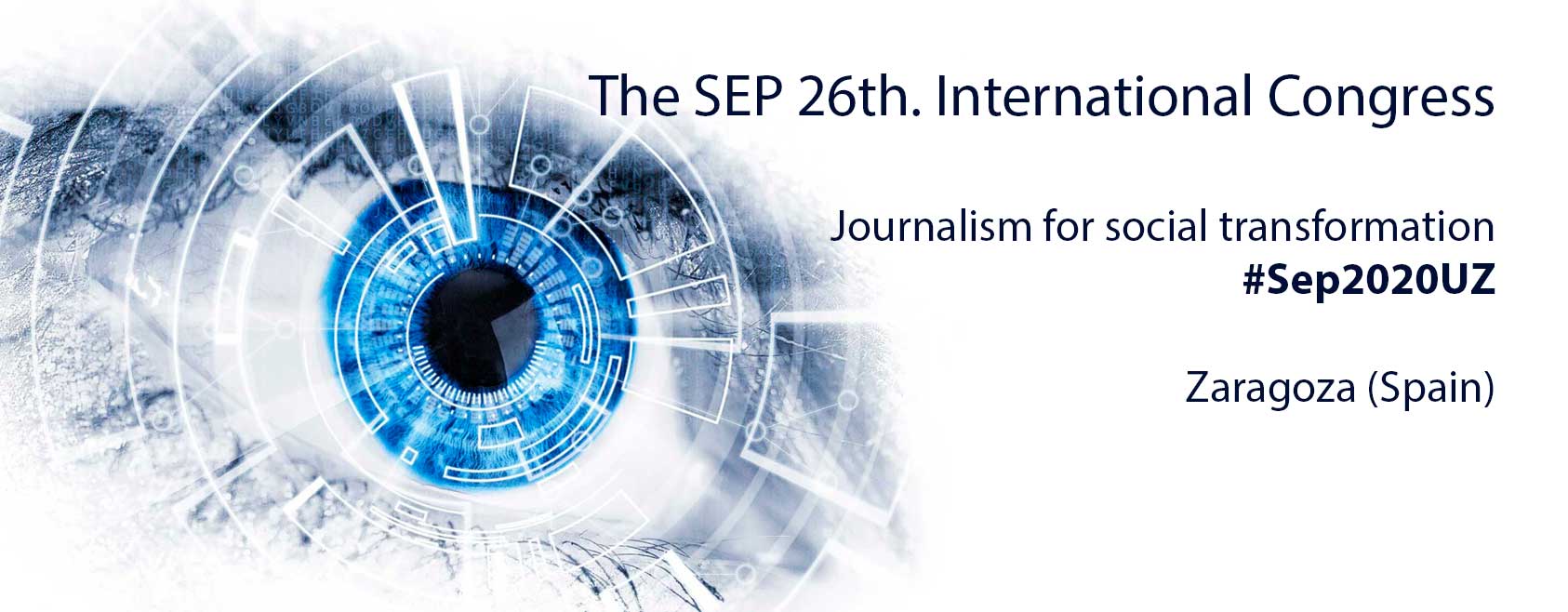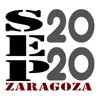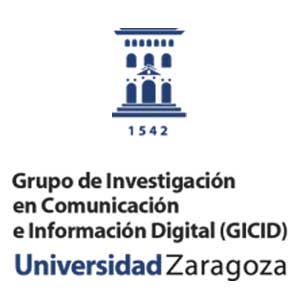
From the organization of the XXVI International Congress of the SEP and from the Board of Directors of the Spanish Society of Journalism we inform you that, in view of the measures derived from the pandemic situation caused by the COVID-19, we have decided to hold the Congress in virtual mode.
It will take place on September 18th and 19th., 2020.
A decision that makes us sad, it will be the first time that our Congress will be held virtually, but the current circumstances force us to do so.
On the one hand, there is the difficulty of offering a capacity for the more than 200 registered people while maintaining the necessary social distance in the rooms that had been reserved and, on the other hand, the impossibility of knowing which means of transport will be available on that date, as well as not knowing what possibilities will there be for hotel accommodation, since these issues will depend on the evolution of the pandemic, as well as on the de-escalation measures that the Government will adopt.
The change of the format of the Congress to the virtual modality implies a different participation by all those who take part in it, either as speakers or lecturers. Instructions for participation will be sent by mail to each speaker/presenter who has already registered in the first stage. We would like to inform you that the accepted papers will be kept and will be displayed in a new web section that you can access from the top menu of our website.
Extension of deadlines for the SEP2020 Congress
Taking into account the new situation, a new period of call for papers has been opened to send abstracts until June 1st (the acceptance period will be communicated on June 10th). The reduced registration period has also been extended to June 15, 2020.
In addition, a new thematic area has been added linked to the presentation of investigations related to the journalistic coverage of COVID-19. The final text must be submitted by September 1st.
The Spanish Society of Journalism (SEP) and the Digital Communication and Information Research Group of the University of Zaragoza are organizing the 26th International Congress of the SEP. The event will take place in the Paraninfo building (May 28th and 29th 2020).
Under the title «Journalism for Social Transformation», this new edition of the congress proposes to get deep into research in journalism as a transfer of knowledge to society. With a prospective approach, relevance is given to new stakes and challenges of journalism in the post-digital era.
Technology is already established in the production processes and integral strategies especially involve responsiveness. The social service of the profession must attend the most substantial news-values and journalistic foundations, in favour of quality, responsibility, sensitivity and, therefore, deontology.
The new generations have changed consumption information traditional for others, such as immediacy, immersion or interaction, which have made the profession have to adapt to other productive routines. The new forms of information consumption generate the need to rethink the profession, trying to bet on new formats that awaken interest in the audience.
In this context, the SEP 26th International Congress proposes to generate a debate to reach solid conclusions on the evolution of the profession, the transfer to society and regain the torch of quality information.
This scientific forum will count with conferences given by International and Spanish experts, and with the contribution of communications from researchers and professionals in the field of journalism.
The Spanish Society of Journalism (SEP) and the Digital Communication and Information Research Group of the University of Zaragoza are organizing the 26th International Congress of the SEP. The event will take place in the Paraninfo building (May 28th and 29th 2020).
Under the title «Journalism for Social Transformation», this new edition of the congress proposes to get deep into research in journalism as a transfer of knowledge to society. With a prospective approach, relevance is given to new stakes and challenges of journalism in the post-digital era.
Technology is already established in the production processes and integral strategies especially involve responsiveness. The social service of the profession must attend the most substantial news-values and journalistic foundations, in favour of quality, responsibility, sensitivity and, therefore, deontology.
The new generations have changed consumption information traditional for others, such as immediacy, immersion or interaction, which have made the profession have to adapt to other productive routines. The new forms of information consumption generate the need to rethink the profession, trying to bet on new formats that awaken interest in the audience.
In this context, the SEP 26th International Congress proposes to generate a debate to reach solid conclusions on the evolution of the profession, the transfer to society and regain the torch of quality information.
This scientific forum will count with conferences given by International and Spanish experts, and with the contribution of communications from researchers and professionals in the field of journalism.
Sede del XXVI Congreso Internacional SEP2020
Key dates for the SEP2020 26th International Congress
- December 9th: call for papers and inscripction opening
- June 1st: end of abstract submission
- June 15th.: acceptance of communications will be communicated
- June 15th.: end of reduced registration period
- September 5st: deadline for sending full texts and videos for the online presentation
- September 5th: deadline for inscription
- November 30th: notification and acceptance of chapters for the book.
Registration fees
| Reduced (until 15/06/2020) | Ordinary (from 05/09/2020) | |
| SEP Member | 80 | 110 |
| SEP Junior Member | 40 | 65 |
| General public | 100 | 125 |
| Members of AHC, ALICE, ACOP, APARAGON | 90 | 120 |
| Unemployed | 50 | 75 |
| Bachelor student | 35 | 60 |
| Master and PHd students | 45 | 70 |


















